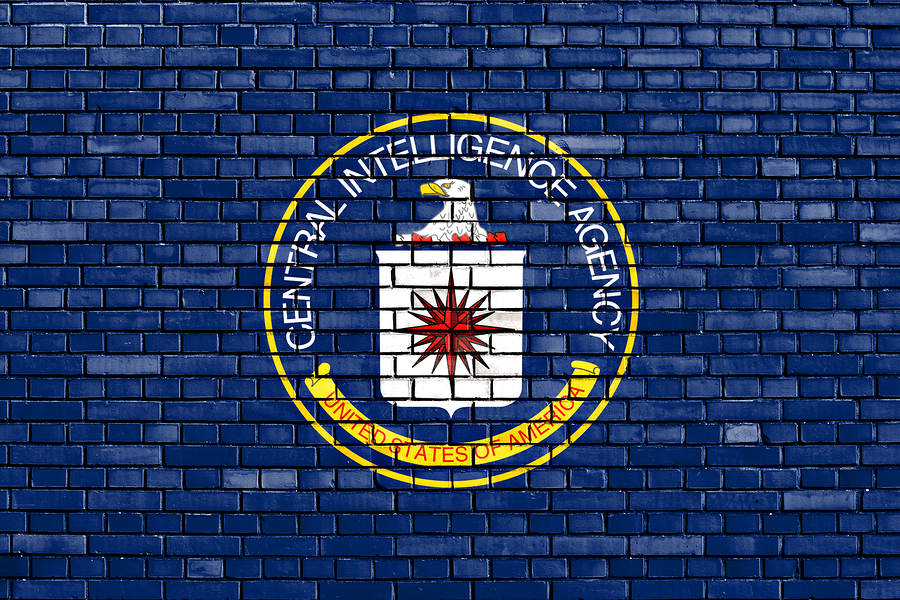CIA Vault 7 leak blamed on "woefully lax" attitude to cyber security
Internal report reveals CIA division was ‘so focused on cyber weapons’ it neglected the security basics


The CIA was embedded with a workplace culture in which elite hackers were so preoccupied with building cyber weapons they neglected to secure their own systems, an internal report has suggested.
The theft of documents revealing hacking tools in March 2017, infamously publicised by WikiLeaks, was in-part the result of an agency more concerned with reinforcing its arsenal than securing those tools.
Dubbed Vault 7, the 2017 leaks outlined how the CIA could pretty much hack into any device with a suite of tools designed to read and copy data from electronic devices. The stolen documents detailed how, for example, authorities found a way to bypass encryption in a host of secure messaging apps such as WhatsApp and Telegram,
Several months later, the CIA’s WikiLeaks Task Force produced a report, now seen by the Washington Post, that revealed “woefully lax” security procedures within the team that developed those tools were partially responsible for the disclosure.
The leaked tools were developed by the Center for Cyber Intelligence, where the most sophisticated operatives devised methods of infiltrating hard-to-penetrate networks. Their security procedures were so lackadaisical, however, that without the WikiLeaks disclosure, the CIA may never have known the tools had been stolen, according to the report.
This particular section of the CIA’s “mission systems” division is distinct and segregated from the agency’s “enterprise information technology system”, which makes up the vast majority of the agency’s computer networks.
“CIA has moved too slowly to put in place the safeguards that we knew were necessary given successive breaches to other US Government agencies,” the report said.
Get the ITPro daily newsletter
Sign up today and you will receive a free copy of our Future Focus 2025 report - the leading guidance on AI, cybersecurity and other IT challenges as per 700+ senior executives
RELATED RESOURCE

How enterprises are embracing cyber security challenges
Enterprises across Europe, the Middle East and Africa are undergoing a significant transformation
The research also found that “most of our sensitive cyber weapons were not compartmented, users shared systems administrator-level passwords, there were no effective removable media controls, and historical data was available to users indefinitely”.
Prepared for the then director Mike Pompeo, and deputy Gina Haspel, who is now the CIA’s director, the report was introduced as evidence in the trial of Joshua Schulte.
The former CIA operative is being accused of stealing the hacking tools on behalf of WikiLeaks. Schulte, however, has pled not guilty, with his lawyers arguing the security regime was so poor that hundreds of employees or contractors may have had access to the same information.
The task force reported that it could not determine the exact size of the breach because the hacking team did not demand the monitoring of who used its network. A rough estimate suggested that a CIA employee stole as much as 34TB of data.

Keumars Afifi-Sabet is a writer and editor that specialises in public sector, cyber security, and cloud computing. He first joined ITPro as a staff writer in April 2018 and eventually became its Features Editor. Although a regular contributor to other tech sites in the past, these days you will find Keumars on LiveScience, where he runs its Technology section.
-
 Hackers are targeting Ivanti VPN users again – here’s what you need to know
Hackers are targeting Ivanti VPN users again – here’s what you need to knowNews Ivanti has re-patched a security flaw in its Connect Secure VPN appliances that's been exploited by a China-linked espionage group since at least the middle of March.
By Emma Woollacott
-
 Broadcom issues urgent alert over three VMware zero-days
Broadcom issues urgent alert over three VMware zero-daysNews The firm says it has information to suggest all three are being exploited in the wild
By Solomon Klappholz
-
 Nakivo backup flaw still present on some systems months after firms’ ‘silent patch’, researchers claim
Nakivo backup flaw still present on some systems months after firms’ ‘silent patch’, researchers claimNews Over 200 vulnerable Nakivo backup instances have been identified months after the firm silently patched a security flaw.
By Solomon Klappholz
-
 Everything you need to know about the Microsoft Power Pages vulnerability
Everything you need to know about the Microsoft Power Pages vulnerabilityNews A severe Microsoft Power Pages vulnerability has been fixed after cyber criminals were found to have been exploiting unpatched systems in the wild.
By Solomon Klappholz
-
 Vulnerability management complexity is leaving enterprises at serious risk
Vulnerability management complexity is leaving enterprises at serious riskNews Fragmented data and siloed processes mean remediation is taking too long
By Emma Woollacott
-
 A critical Ivanti flaw is being exploited in the wild – here’s what you need to know
A critical Ivanti flaw is being exploited in the wild – here’s what you need to knowNews Cyber criminals are actively exploiting a critical RCE flaw affecting Ivanti Connect Secure appliances
By Solomon Klappholz
-
 Researchers claim an AMD security flaw could let hackers access encrypted data
Researchers claim an AMD security flaw could let hackers access encrypted dataNews Using only a $10 test rig, researchers were able to pull off the badRAM attack
By Solomon Klappholz
-
 A journey to cyber resilience
A journey to cyber resiliencewhitepaper DORA: Ushering in a new era of cyber security
By ITPro

